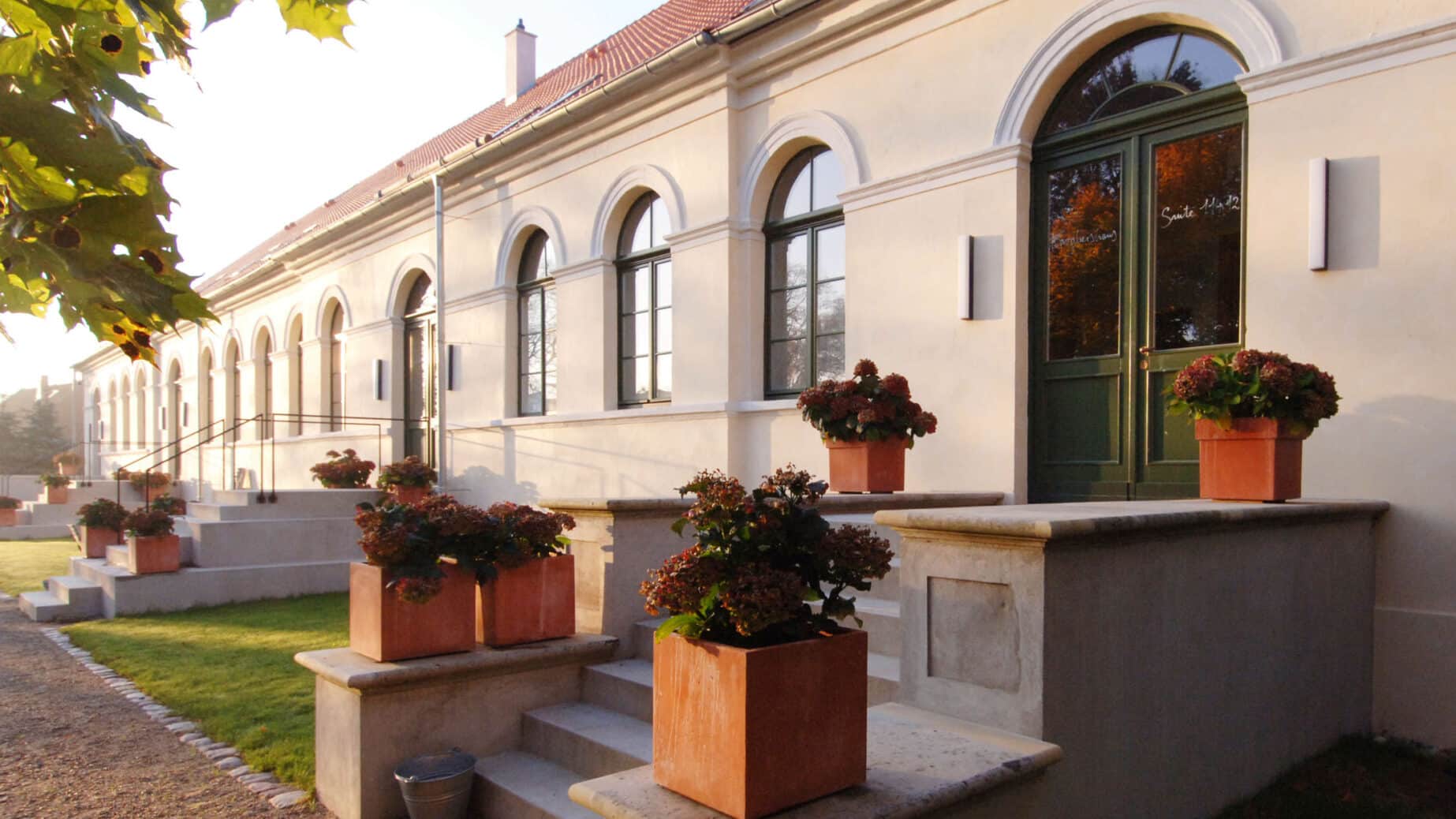MECKLENBURG-VORPOMMERN
WELCOME TO MECKLENBURG-VORPOMMERN
State Overview
Rostock
23,174 km2
1.6 million
German
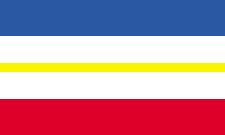
Popular
Geography and Tourist Attractions
Information about the state's tourist attractions, including popular destinations, events, and activities.
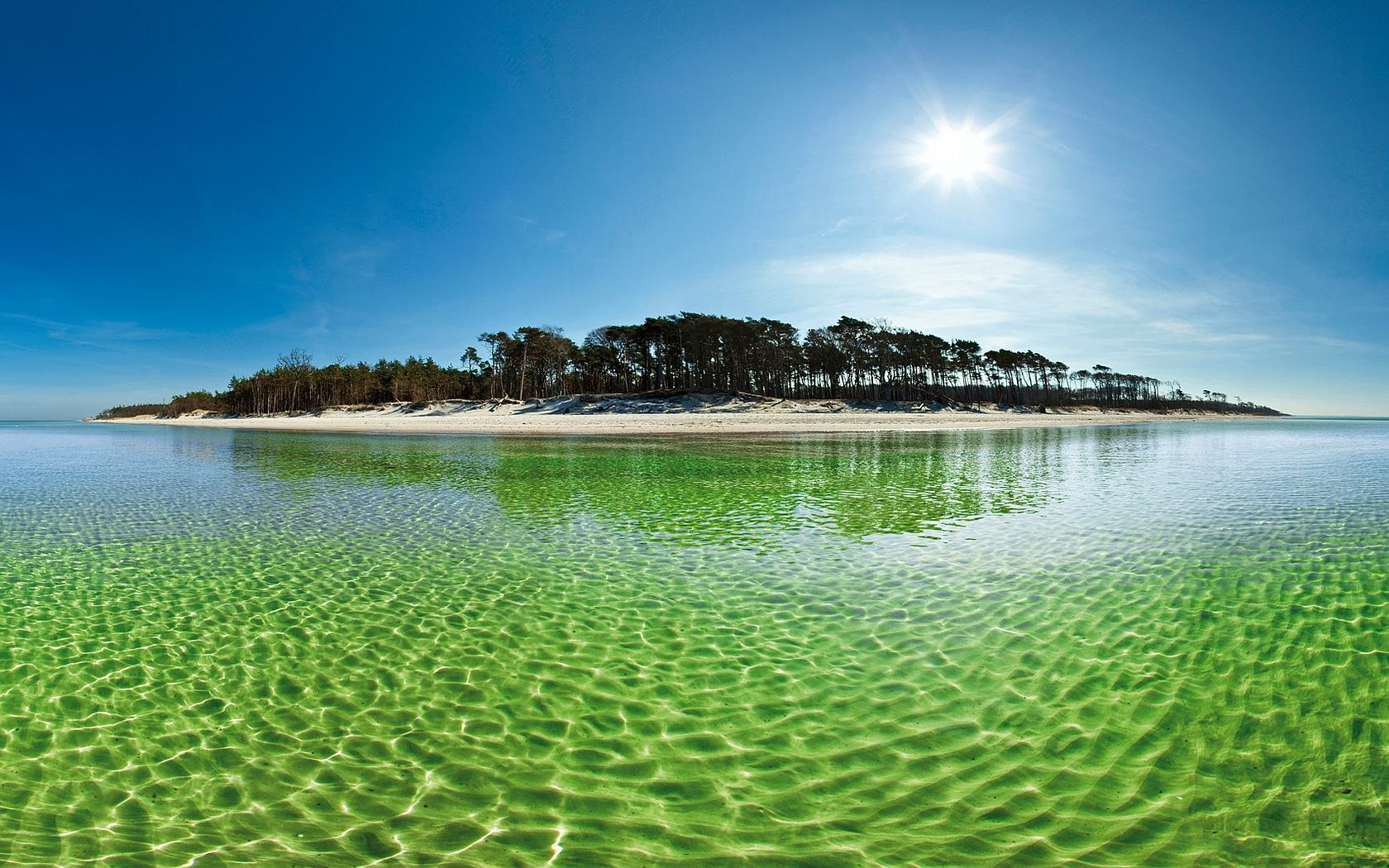
The Baltic Sea Coast
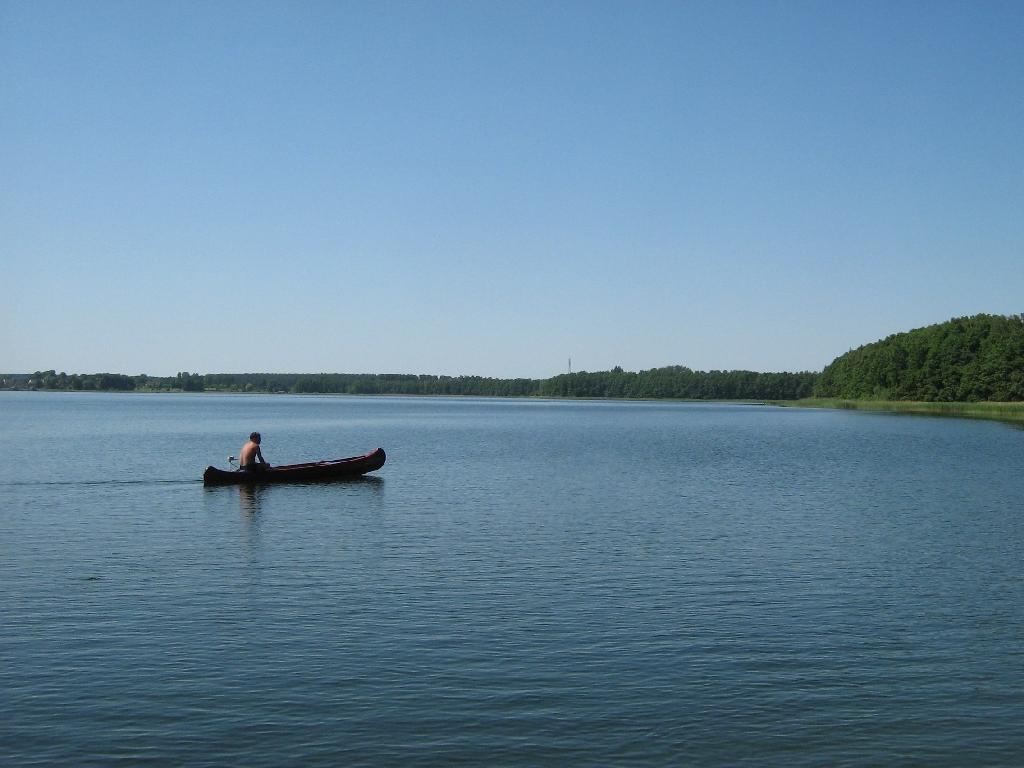
Müritz National Park

Schwerin Castle
Political
Economy and Government
The state of Mecklenburg-Vorpommern has a diverse economy that is characterized by a mix of traditional industries and emerging sectors. Agriculture, forestry, and fishing are important parts of the state's economy, with the coastal region being particularly known for its fish and seafood production. The state also has a strong tourism industry, which is fueled by its beautiful natural landscapes, charming towns and cities, and rich cultural heritage.
The government of Mecklenburg-Vorpommern is headed by a minister-president, who is elected by the state parliament. The state parliament is made up of 71 members who are elected every five years. Mecklenburg-Vorpommern is also represented in the federal government of Germany by six members of the Bundestag, the lower house of the German parliament.
The state government is responsible for a wide range of policy areas, including education, healthcare, infrastructure, and environmental protection. It also plays an important role in promoting economic development and attracting investment to the state. Overall, Mecklenburg-Vorpommern has a stable and effective government that is focused on improving the quality of life for its residents and ensuring the long-term prosperity of the state.
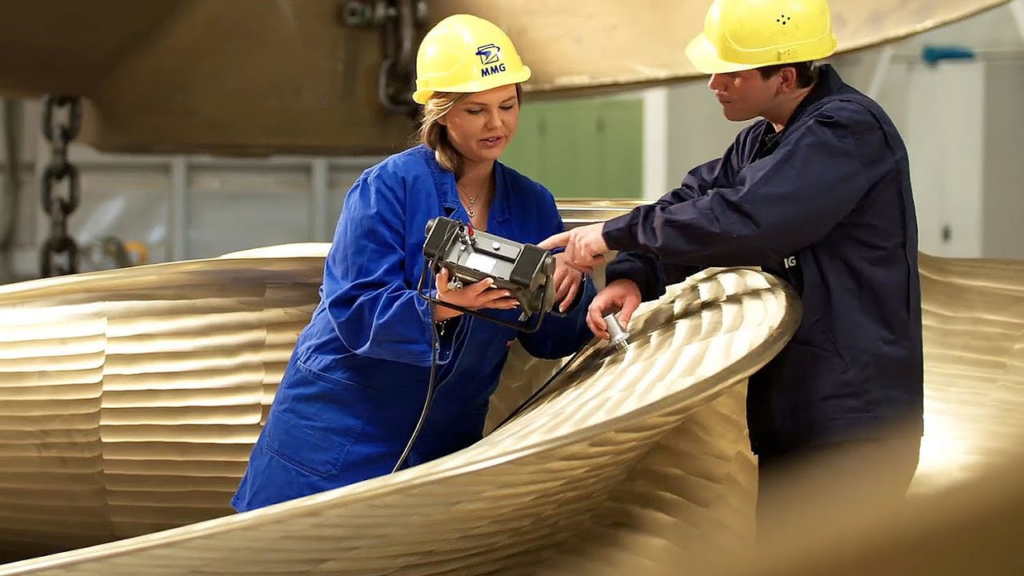
History
History and Culture
Mecklenburg-Vorpommern is a state located in the northeastern part of Germany. This region has a rich history and culture that has played a significant role in shaping Germany's identity.
One of the main cultural attractions of Mecklenburg-Vorpommern is the unique architecture found in its towns and cities. The state boasts several well-preserved medieval towns, including Wismar and Stralsund, which are UNESCO World Heritage sites. The region is also known for its beautiful beaches along the Baltic Sea coast, making it a popular destination for tourists.
Mecklenburg-Vorpommern has a long and complex history, with evidence of human habitation dating back to the Stone Age. It was a significant center of trade during the Middle Ages, and it played a crucial role in the Hanseatic League. The state was heavily damaged during World War II, and its reunification with West Germany in 1990 marked a significant moment in German history.
Today, Mecklenburg-Vorpommern is known for its vibrant music and arts scenes, with many festivals and events held throughout the year. The state also has a rich culinary tradition, with many local specialties that reflect its history and culture, including smoked fish, game meat, and traditional bread.
HOTELS
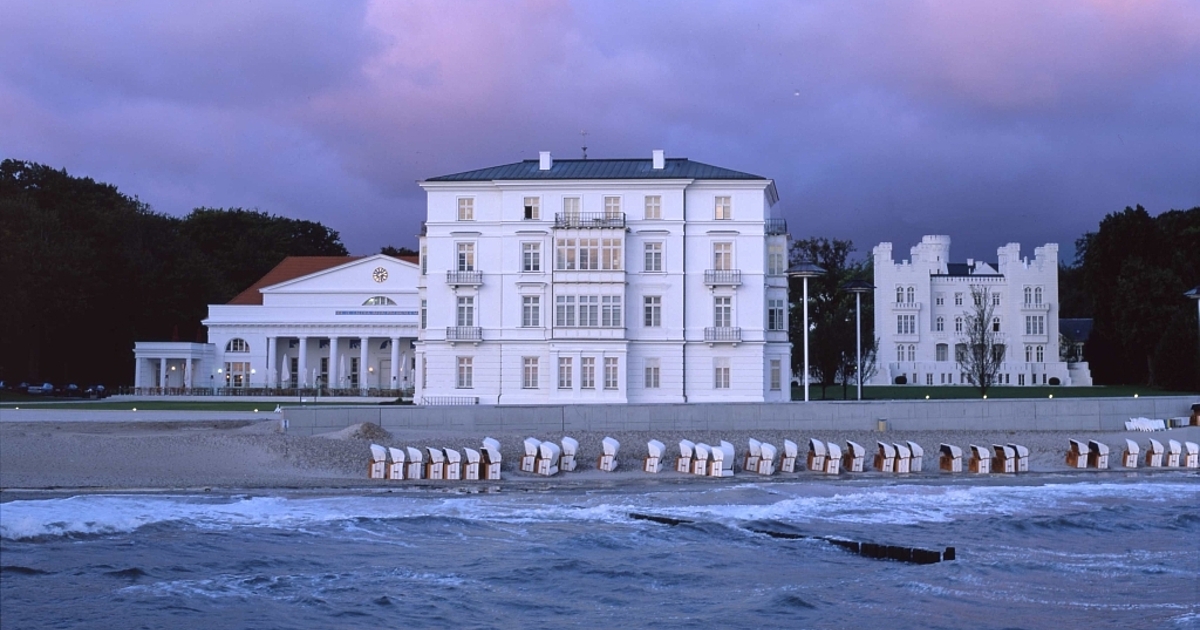
The Grand Hotel Heiligendamm
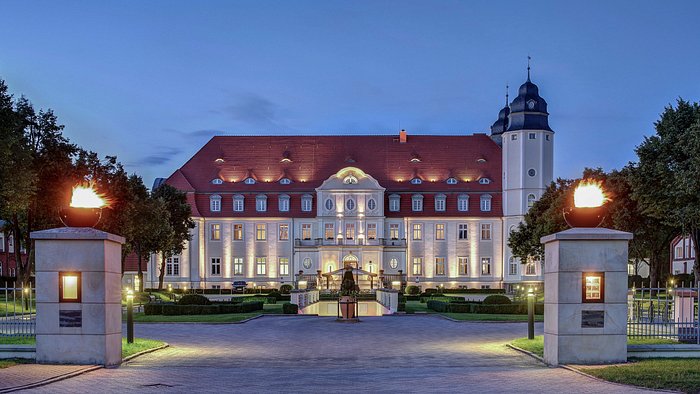
The Schlosshotel Fleesensee
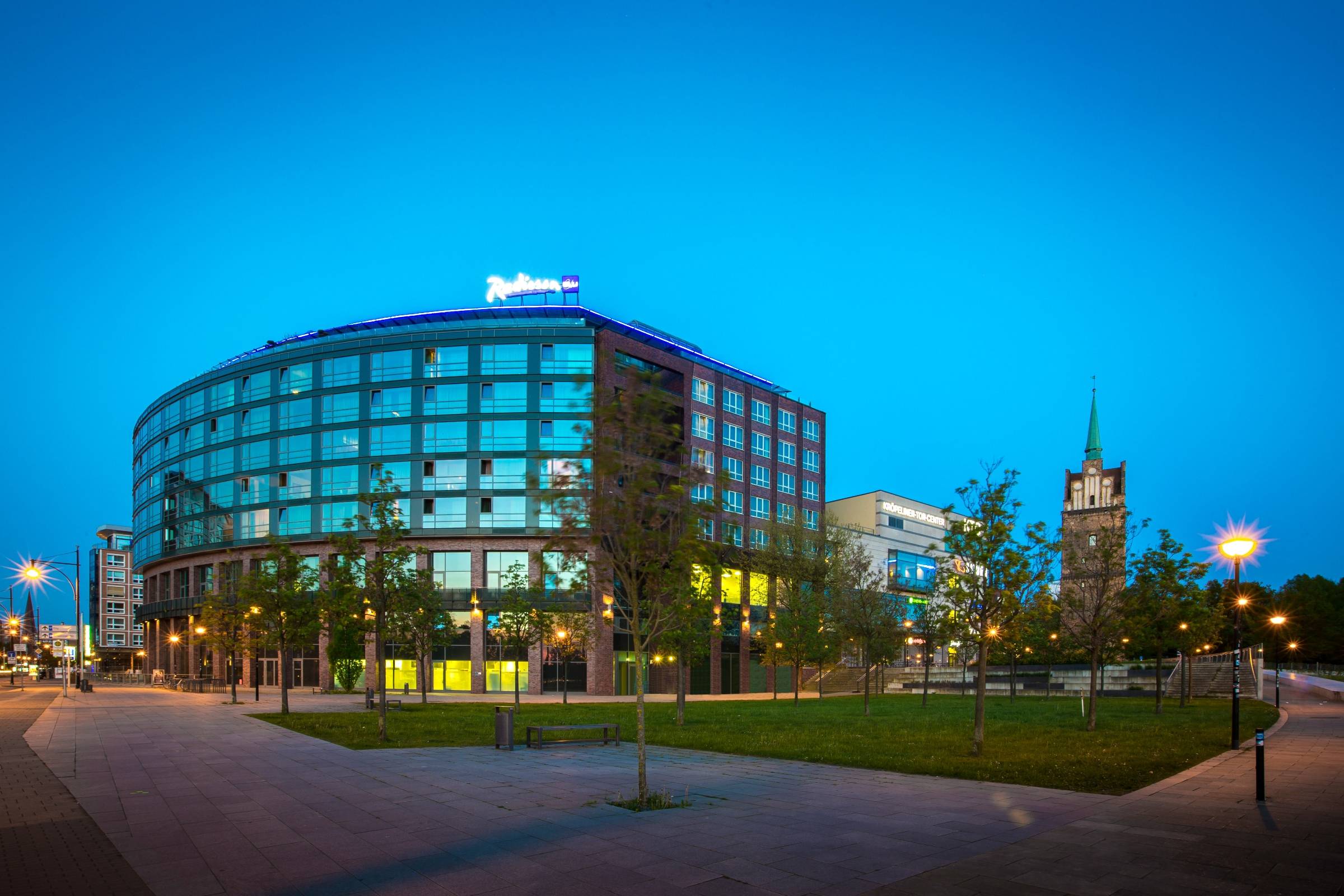
The Radisson Blu Hotel
RESTAURANTS
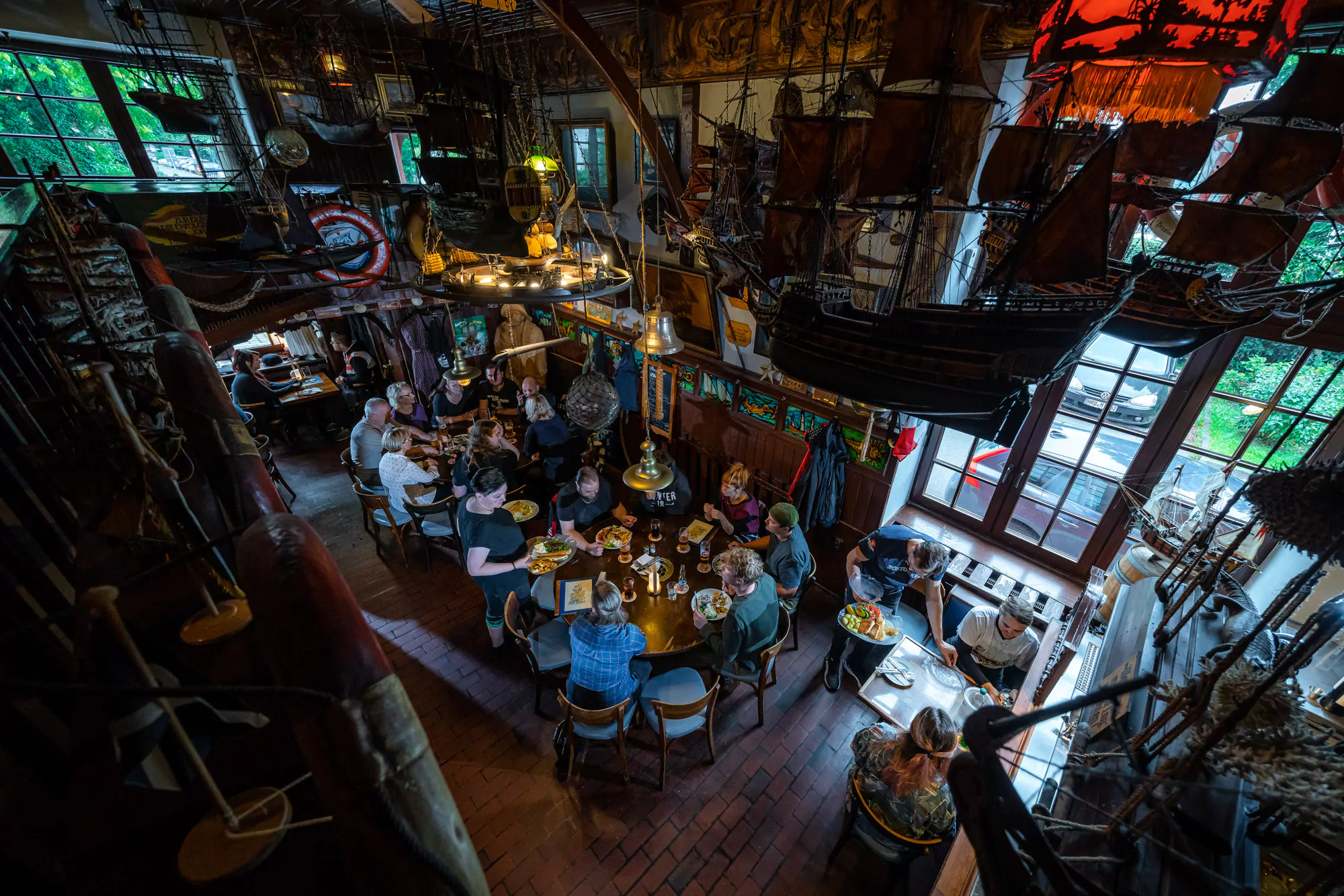
Zur Kogge in Warnemünde
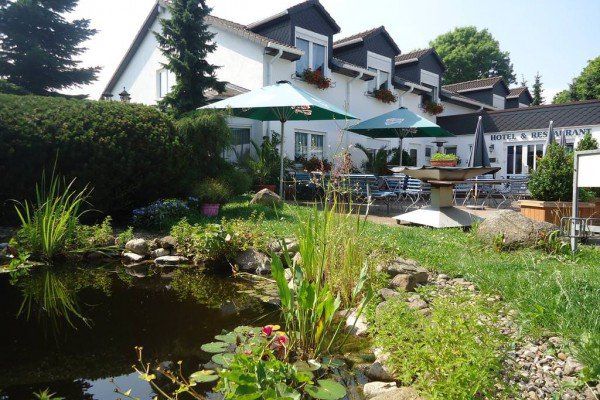
Gourmet Restaurant "Das Fritz" in Rostock
